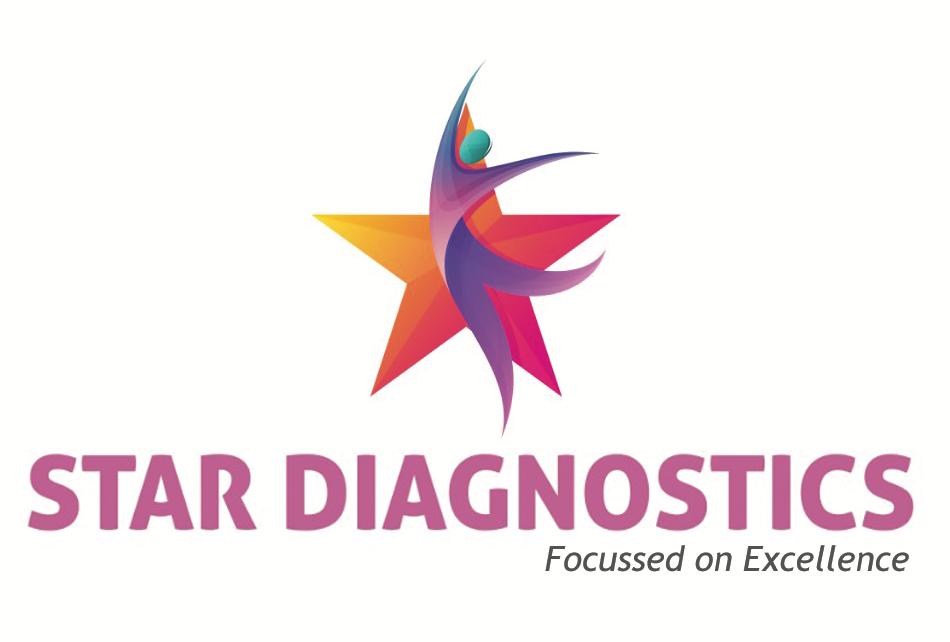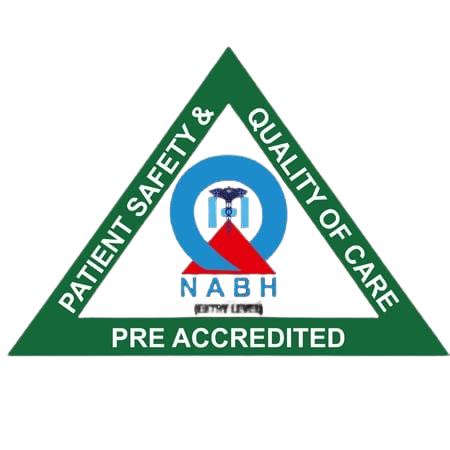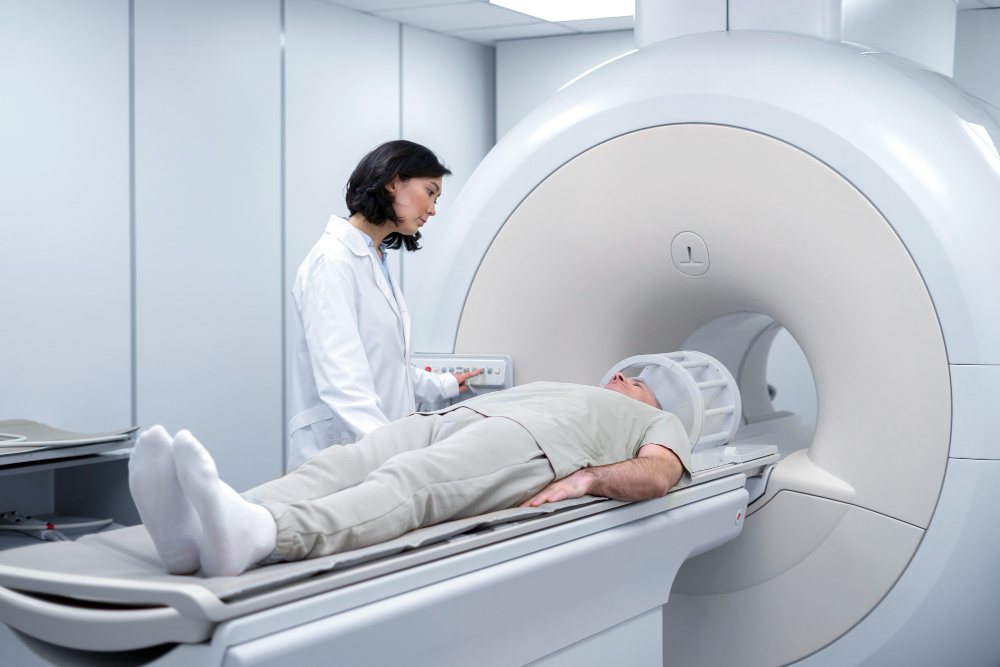What is a CT Scan?
A CT scan, or computed tomography scan, is a special type of X-ray. It takes many pictures of your body from different angles. Then, a computer combines these images to create a detailed view of your organs, bones, and tissues. Because of this, CT scans help doctors see inside your body without surgery. Early disease detection with CT scans can save lives by finding problems before symptoms appear.
How CT Scans Work
First, you lie on a table that moves through a large, donut-shaped machine. As you move, the CT scanner takes many quick X-ray pictures. Next, a computer puts these images together. This process creates clear, cross-sectional pictures of the inside of your body. Because CT scans are fast and detailed, they help doctors spot even small changes in your organs or tissues.
Why Early Disease Detection Matters
Early diagnosis with CT scan technology is important for many reasons. For example, finding a disease early often means it is easier to treat. In addition, early treatment can prevent problems from getting worse. According to the World Health Organization (WHO), early detection can improve survival rates for many conditions. Therefore, catching diseases early can lead to better health and lower medical costs.
Role of CT Scans in Early Detection
CT scans play a key role in detecting diseases early. Because they show detailed images, doctors can find small tumors, infections, or injuries that regular X-rays might miss. For instance, CT scans can spot early signs of cancer, heart disease, or stroke. As a result, doctors can start treatment sooner, which often leads to better outcomes. Detecting diseases early with CT scans can make a big difference in your health.
Common Diseases Detected Early by CT Scans
Benefits and Safety of CT Scans
CT scan benefits include fast results, clear images, and the ability to find many types of diseases. Because CT scans are non-invasive, you do not need surgery to get answers. In most cases, the scan takes only a few minutes. However, CT scans do use a small amount of radiation. The amount is low, and the benefits often outweigh the risks. According to the Centers for Disease Control and Prevention (CDC), CT scans are safe when used properly. Still, doctors only recommend them when truly needed.
When Should You Consider a CT Scan?
Doctors may suggest a CT scan if you have certain symptoms or risk factors. For example, you might need a scan if you have unexplained pain, a lump, or trouble breathing. In addition, people with a family history of cancer or heart disease may need early screening. If you have had an injury, a CT scan can help find hidden damage. Always talk to your doctor about your symptoms and health history before getting a scan.
Frequently Asked Questions about CT Scans
Conclusion
CT scans play a crucial role in early disease detection, helping doctors identify health issues before they become serious. With their speed and accuracy, CT scans provide valuable insights that can lead to better treatment and outcomes.
If you have concerns about your health, consult a radiology specialist at Star Diagnostic to learn if a CT scan is the right option for you.


